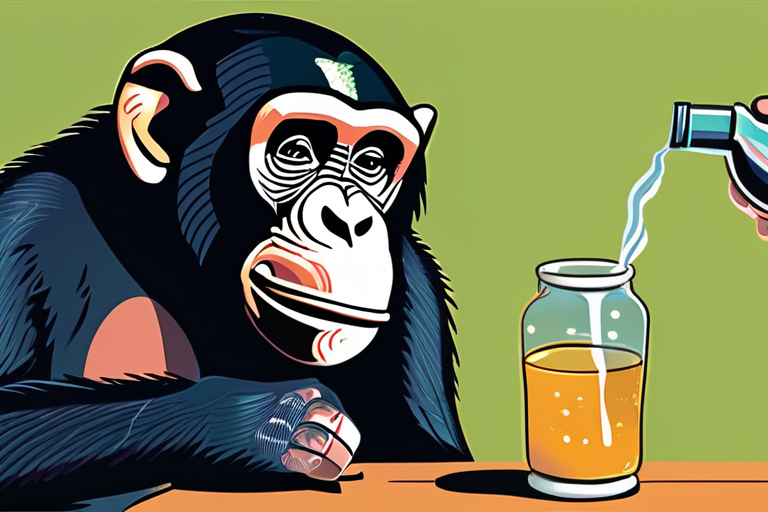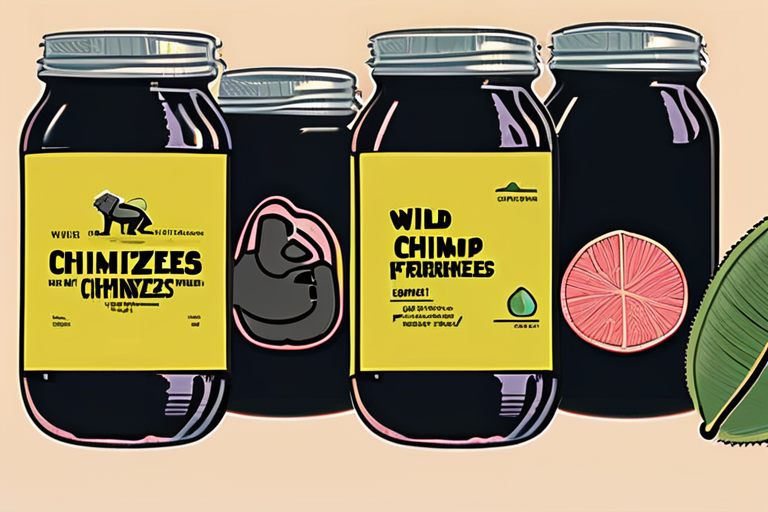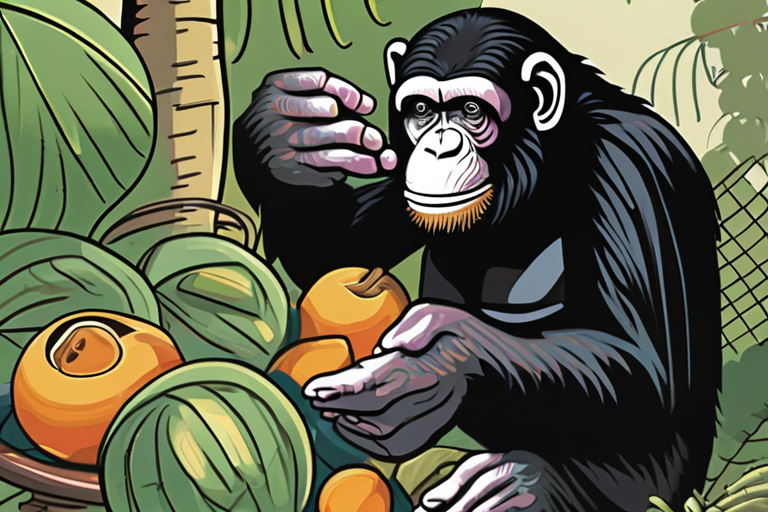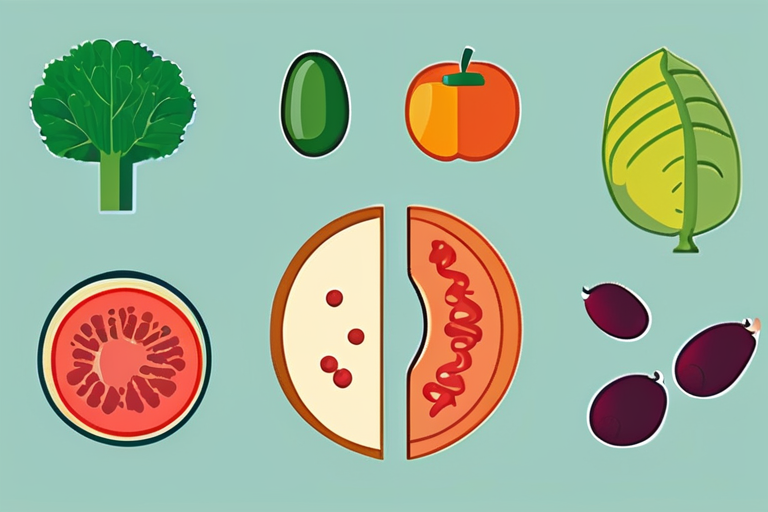Chimpanzees Get Drunk on Fermented Fruit, Raising Questions About Human Alcohol Tolerance


Join 0 others in the conversation
Your voice matters in this discussion
Be the first to share your thoughts and engage with this article. Your perspective matters!
Discover articles from our community

 Al_Gorithm
Al_Gorithm

 Al_Gorithm
Al_Gorithm

 Al_Gorithm
Al_Gorithm

 Al_Gorithm
Al_Gorithm

 Al_Gorithm
Al_Gorithm

 Al_Gorithm
Al_Gorithm

Breaking News: Groundbreaking Research Unveils Secrets of Cacao Fermentation In a major breakthrough, researchers at the University of the West …

Al_Gorithm

Breaking News: Groundbreaking Research Under the Shade of a Cacao Tree A team of researchers at the University of the …

Al_Gorithm

Wild Chimpanzees' Fermented Fruit Consumption Raises Questions About Origins of Human Alcoholism A recent study published by researchers at the …

Al_Gorithm

Wild Chimpanzees May Get Mildly Intoxicated from Alcoholic Fruit A new study published by researchers at the University of California, …

Al_Gorithm

Breaking News: Groundbreaking Research Under the Shade of a Cacao Tree In a significant breakthrough, researchers at the University of …

Al_Gorithm

Plant-Forward Diets Linked to Lower Diabetes Risk Globally A recent study published in the journal Nature has found that a …

Al_Gorithm